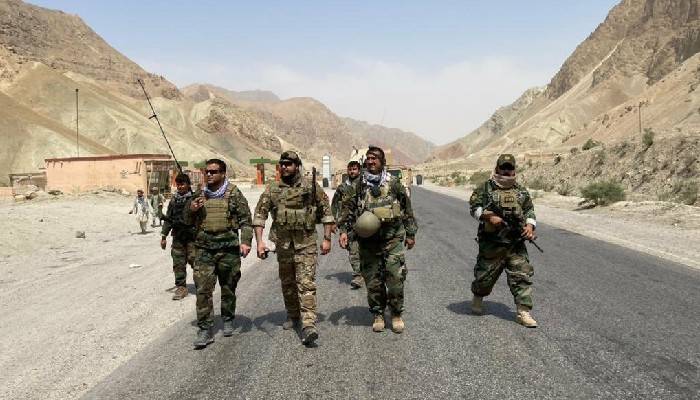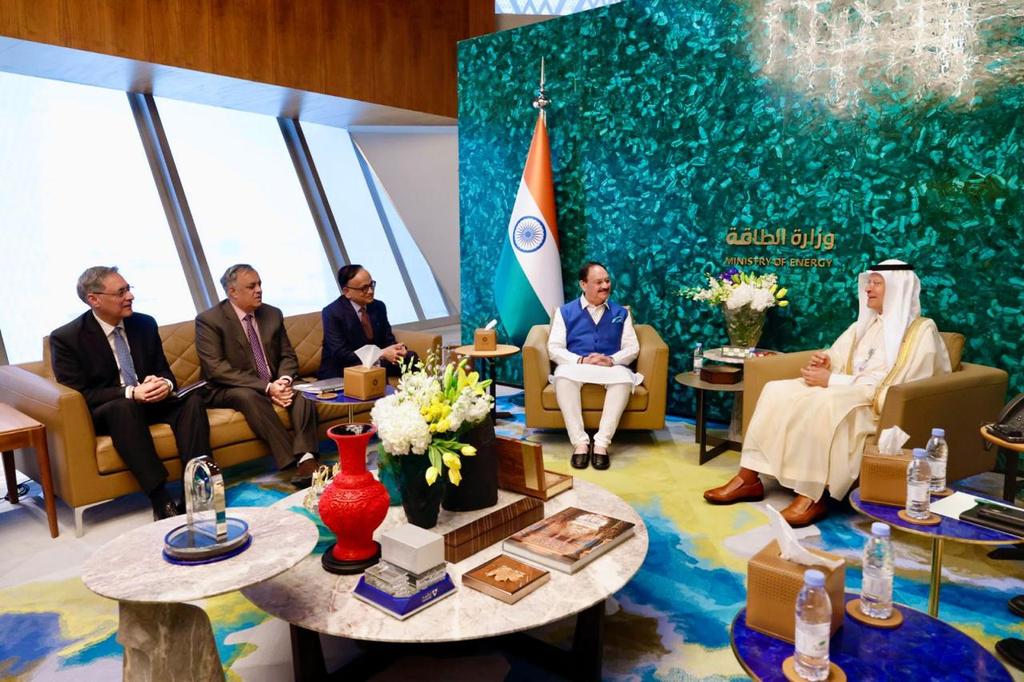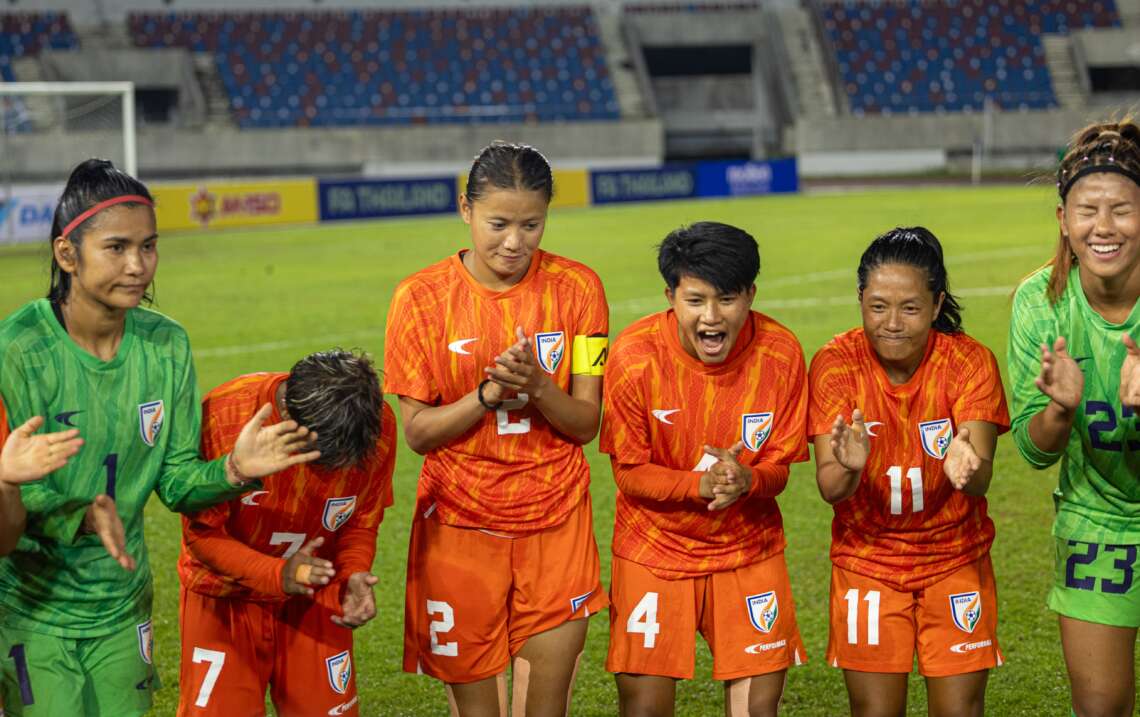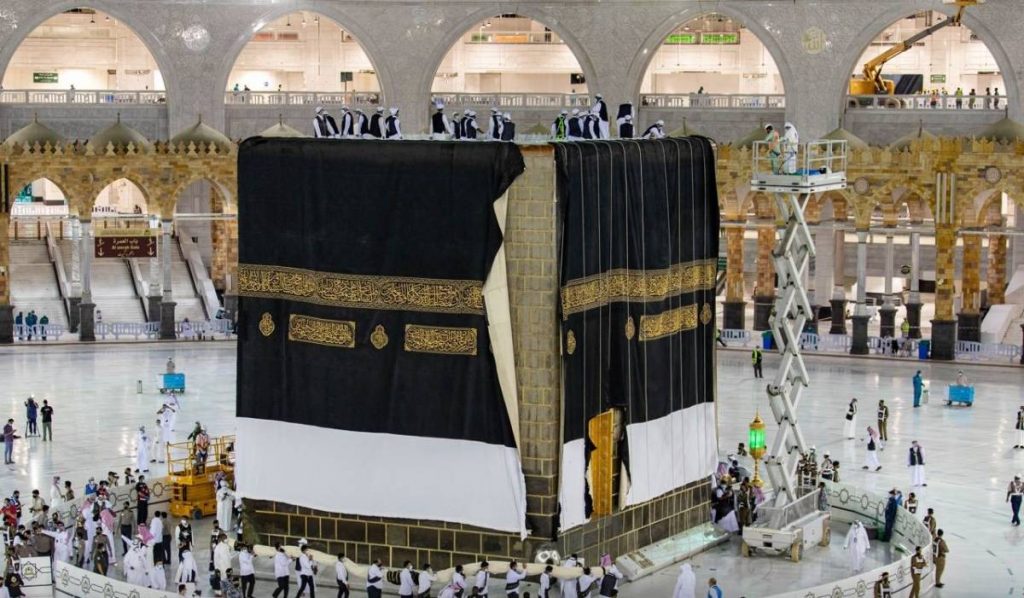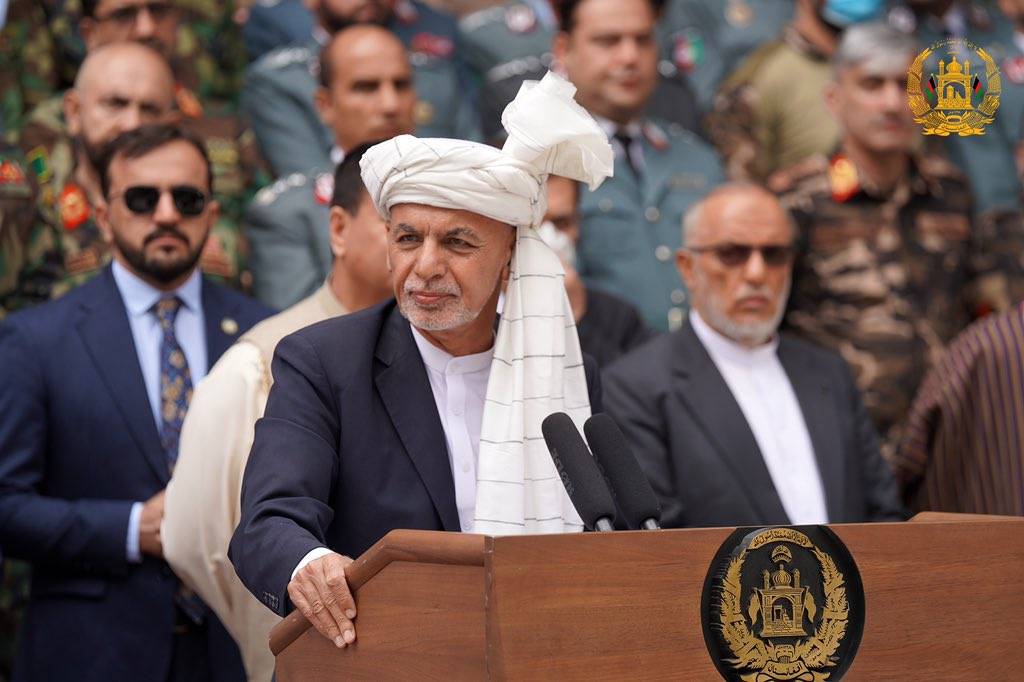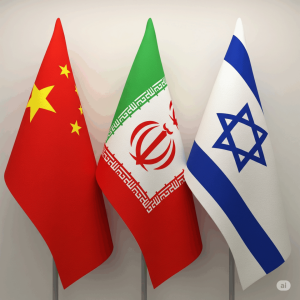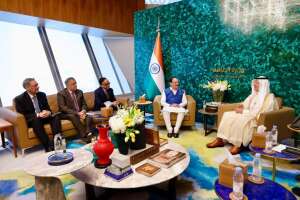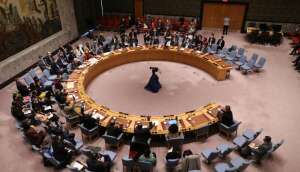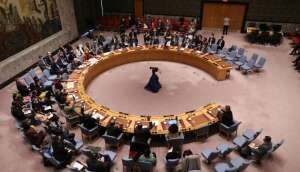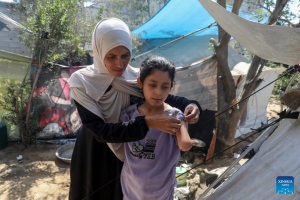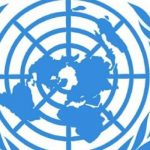He also discussed the situation in Afghanistan with Kazakhstan Deputy PM and Foreign Minister Mukhtar Tileuberdi, the EAM said in separate tweets…reports Asian Lite News.
The latest round of peace negotiations between the Afghan government and the Taliban that ended in Doha on Sunday failed to make any significant progress. The two sides issued a joint statement in which they said they will meet again and that they have issued instructions to expedite their peace negotiations.
With no mention of de-escalation of violence or ceasefire in the joint statement, the high-level talks have yet again fallen short of Afghan people’s expectations for durable peace.
Given the stalemate, India’s call for a ‘zero tolerance’ for terrorism in all its forms and manifestations becomes all the more relevant.
In the absence of a political breakthrough, fierce fighting between the Afghan forces and the Taliban has ensued. The Afghan National Defence and Security Forces (ANDSF) are engaged in battles with the Taliban militants in several regions.
Tweeting on Monday, the Ministry of Afghanistan stated, “233 Taliban terrorists were killed and 88 were wounded as a result of the Afghan National Defence and Security Forces (ANDSF) operations in Nangarhar, Ghazni, Kandahar, Jowzjan, Sar-e Pol, Faryab, Balkh, Helmand, Takhar and Kunduz provinces in the last 24 hours. Also 15 IEDs were discovered and defused by ANA.”
Meanwhile, in a major step that shows the Afghan government’s rising anger, Afghanistan withdrew its Ambassador and diplomats from Islamabad following the kidnapping of the Ambassador’s daughter at a sensitive time for the Afghan peace process.
The daughter of Afghanistan’s ambassador to Pakistan Najib Alikhil was abducted on Friday and held for several hours by unknown assailants who left her with injuries and rope marks. Pakistan authorities have said they are investigating the incident.
The poor relations between Afghanistan and Pakistan hit a new low last week when both the Afghan President and Vice President accused Pakistan of shielding the Taliban militants and allowing terrorists to cross over into Afghanistan.
Afghanistan’s Vice President Amrullah Saleh on Thursday had accused the Pakistan Air Force of supporting the Taliban and warning the Afghan forces from acting against it.
In a Twitter post, Saleh had revealed that Islamabad warned Afghan forces against any move to dislodge Taliban from the Spin Boldak area.and threatened retaliation by the Pak Air Force.
On Friday, sharing the stage with Pakistan Prime Minister Imran Khan, President of Afghanistan Ashraf Ghani slammed Pakistan for not stopping terrorists crossing over into Afghanistan and for failing to convince Taliban to moves for successful talks.
“Pakistan needs to engage constructively in the peace process for the region. Permit me to make it clear, our government is committed to peace, but our forces are prepared to fight to protect our people. The price of Liberty is oftentimes blood of Patriots,” a valiant Afghan President said.
‘Afghanistan requires genuine double peace’
While Afghanistan-Pakistan relations have been on the boil, close friend India has reiterated its support for peace, stability and development of Afghanistan.
External Affairs Minister S Jaishankar met Afghan President Ghani last week; he later said they “discussed the situation in and around Afghanistan.”
The Indian Minister who was participating in a conference in Uzbekistan also met U.S. Deputy National Security Adviser Elizabeth Sherwood-Randall and U.S. Special Representative on Afghanistan Zalmay Khalilzad.
He also discussed the situation in Afghanistan with Kazakhstan Deputy PM and Foreign Minister Mukhtar Tileuberdi, the EAM said in separate tweets.
Earlier, at the UN Security Council meeting held last month, India had maintained that a durable peace in Afghanistan requires a genuine “double peace”. That is, peace within Afghanistan and peace around Afghanistan. It requires harmonizing the interests of all, both within and around that country.
Speaking at the UNSC debate on the UN assistance mission in Afghanistan, EAM Jaishankar called for a permanent and comprehensive ceasefire in Afghanistan.
India supports all the efforts being made to accelerate the dialogue between the Afghan government and the Taliban, including the intra-Afghan negotiations, he had said then.
“For enduring peace in Afghanistan, terrorist safe havens and sanctuaries must be dismantled immediately and terrorist supply chains disrupted,” he cautioned.
Calling for a ‘zero tolerance’ for terrorism in all its forms and manifestations including its cross-border one, Jaishankar had said that it is equally important to ensure that the territory of Afghanistan is not used by terrorist groups to threaten or attack any other country.”
“Those providing material and financial support to terrorist entities must be held accountable. We, as international community, must ensure that our commitments to Afghanistan, including to its various institutions are maintained,” Jaishankar had said.
India is not just concerned about the US$3 billion plus investment in Afghanistan, as former Indian Ambassador to Afghanistan, Ashok Sajjanhar has pointed out recently in an article.
New Delhi is apprehensive that if the Taliban were to establish sway over much of Afghan territory, several of its ungoverned spaces could be used by Pakistan to train and launch terrorist offensives against India. (India News Network)
ALSO READ-US, Afghanistan, Pakistan, Uzbekistan to form quad group
READ MORE-Delegation in Tashkent to discuss evolving situation in Afghanistan

